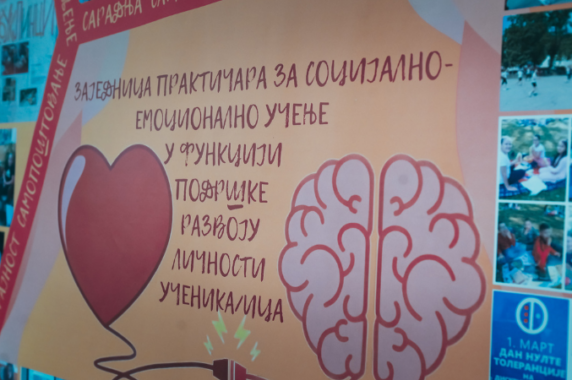Learn more
Language: English
Learn more
Learn more
Learn more
Learn more
Learn more
Learn more
Learn more

Learn more
Learn more
